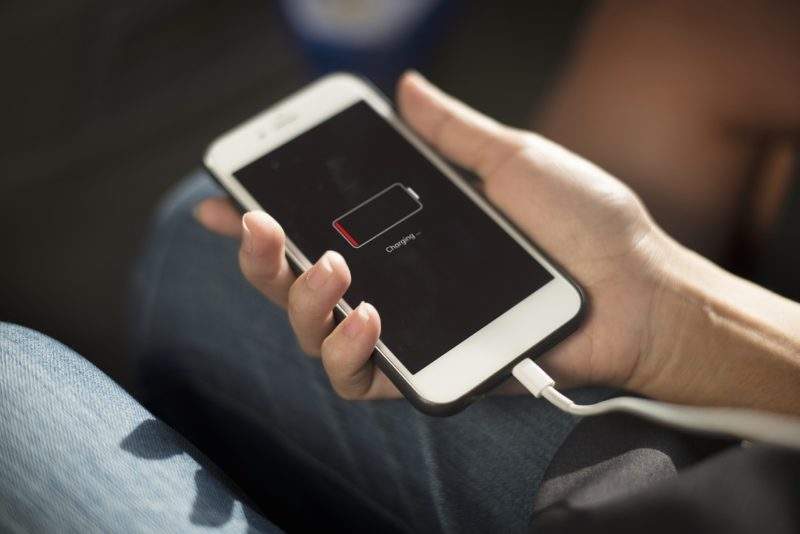
A lithium-sulphur substitute for lithium-ion batteries could drastically extend battery life, according to researchers at the University of Texas at Dallas.
In the study published in the journal Nature Nanotechnology, the researchers developed an alternative to conventional lithium batteries that are high-powered and environmentally safe.
Lithium-ion batteries are widely used in handheld devices such as mobile phones, but many models struggle with battery life. The research team hopes that the new lithium-sulphur batteries will solve this problem.
“Common lithium-ion batteries only have a certain capacity, and most people want to use their phones for a longer time,” said professor of materials science and engineering Dr Kyeongjae.
Cho, along with research associate Dr Jeongwoon Hwang, both of the Erik Jonsson School of Engineering and Computer Science, worked with other regional scientists to improve lithium-sulphur batteries, which have long been considered by many to be an evolution from lithium-ion batteries.
“A lithium-sulphur battery is what most of the research community thinks is the next generation of battery,” said Cho.
“It has a capacity of about three to five times higher than lithium-ion batteries, meaning if you are used to a phone lasting for three hours, you can use it for nine to 15 hours with a lithium-sulphur battery.”
However, despite their longer battery life, lower weight and lower cost, lithium-sulphur batteries have their drawbacks. Sulphur is a poor electrical conductor and can become unstable over just several charge-and-recharge cycles. The risk of electrodes breaking down has also prevented their widespread adoption.
To counter these issues, scientists developed a technology that produced a sulphur-carbon nanotube substance that had greater conductivity.
Using molybdenum, a metallic element often used to strengthen and harden steel, they created a material that adjusts the thickness of the nanomaterial’s coating when combined with two atoms of sulphur.
They found that this coating, which is thinner than the silk of a spider’s web, improved stability and compensated for sulphur’s poor conductivity.
“This was what everyone was looking for, for a long time,” Cho said.
“That’s the breakthrough. We are trying to suppress side reactions. It’s a protection technology.”
The scientists hope that this finding will bring lithium-sulphur batteries a step closer to commercial use.
“We are taking this to the next step and will fully stabilise the material, and bring it to actual, practical commercial technology,” said Cho.



